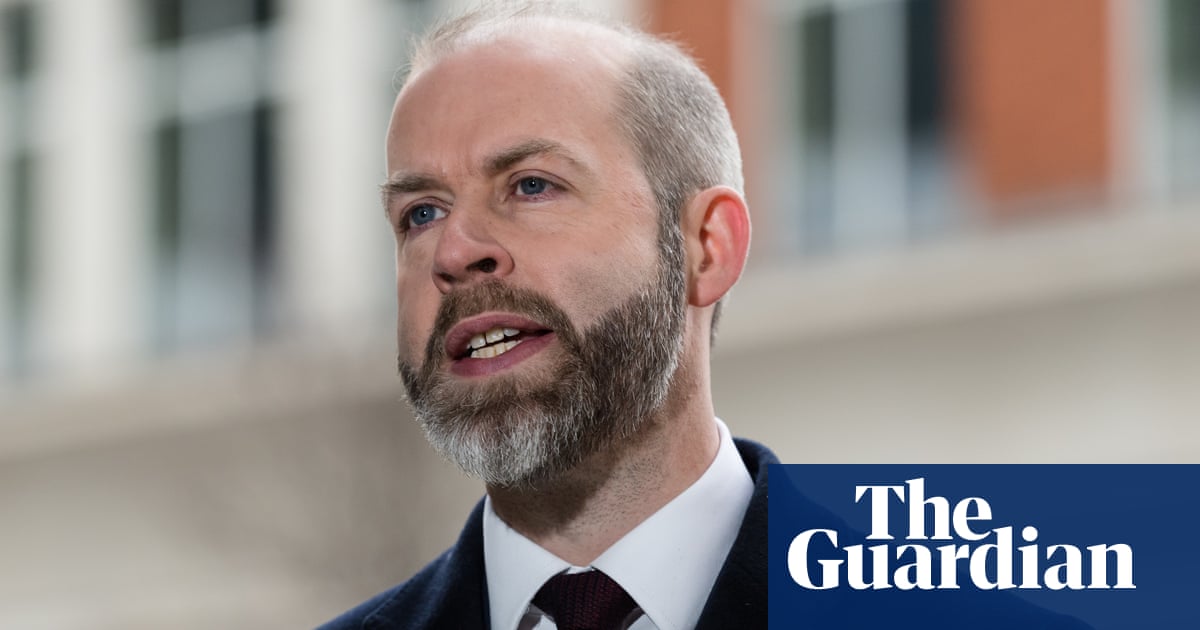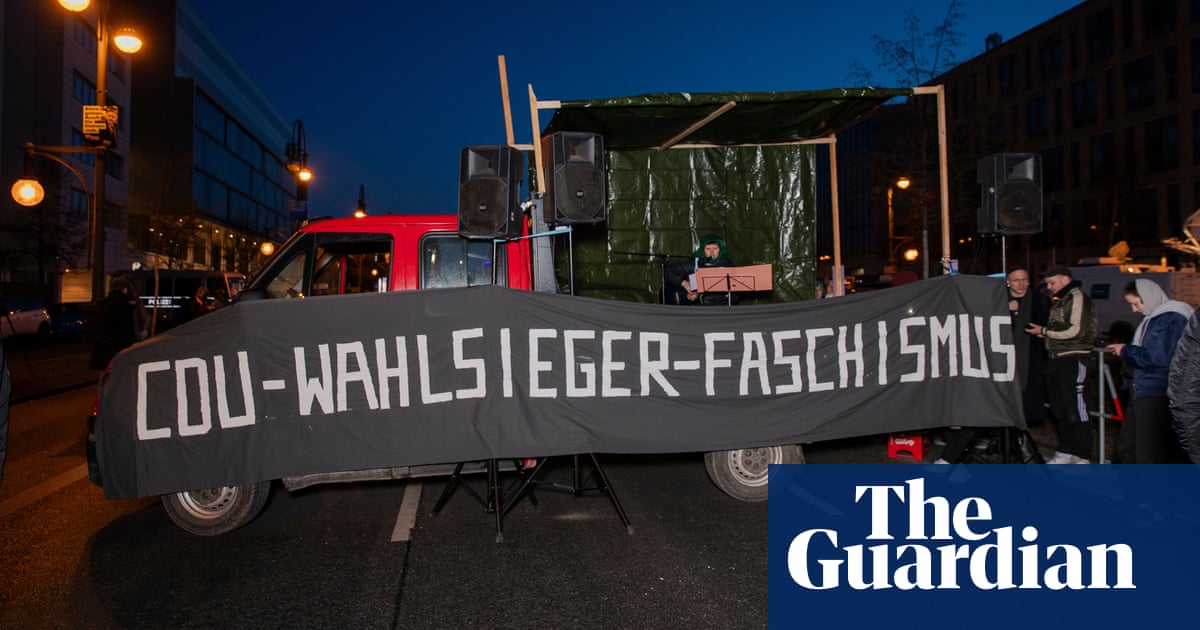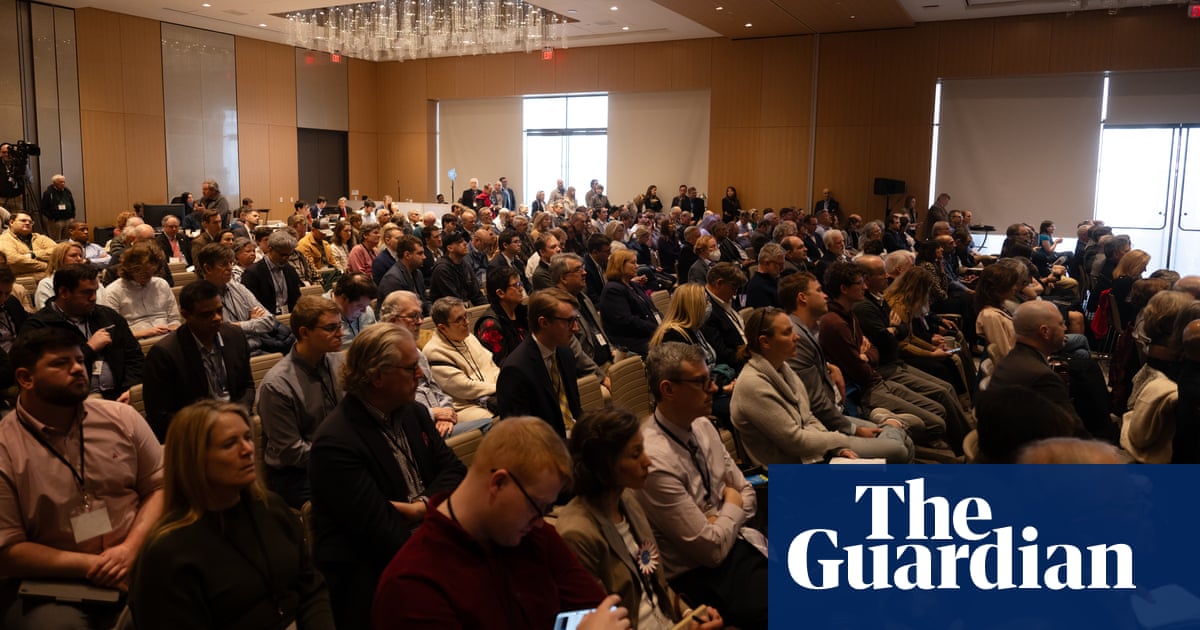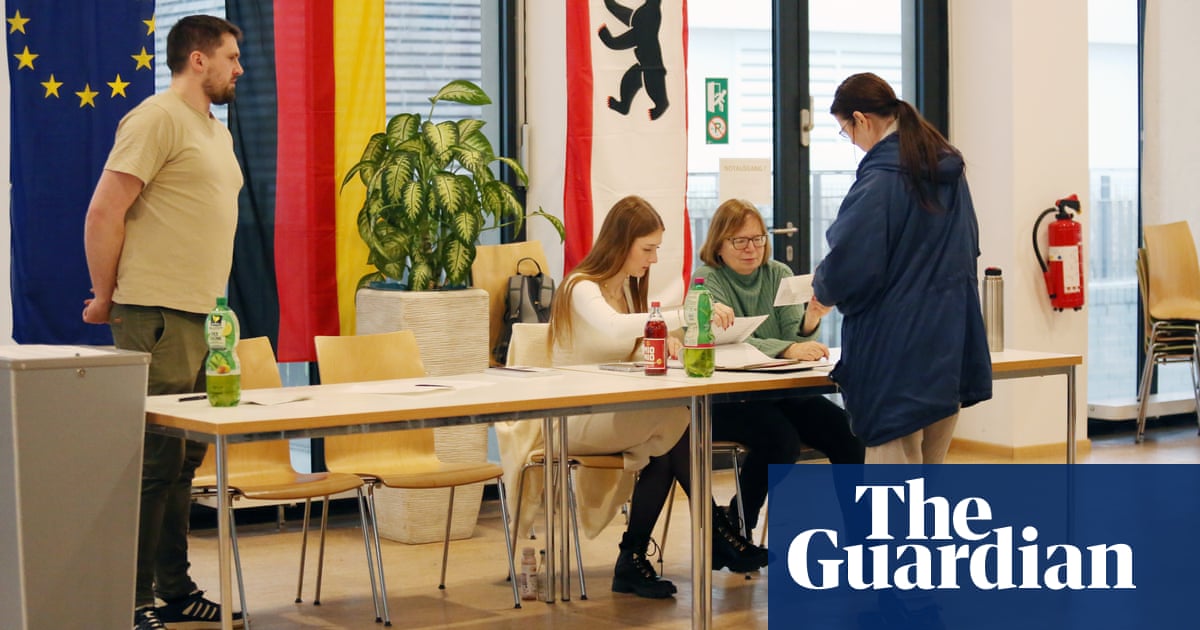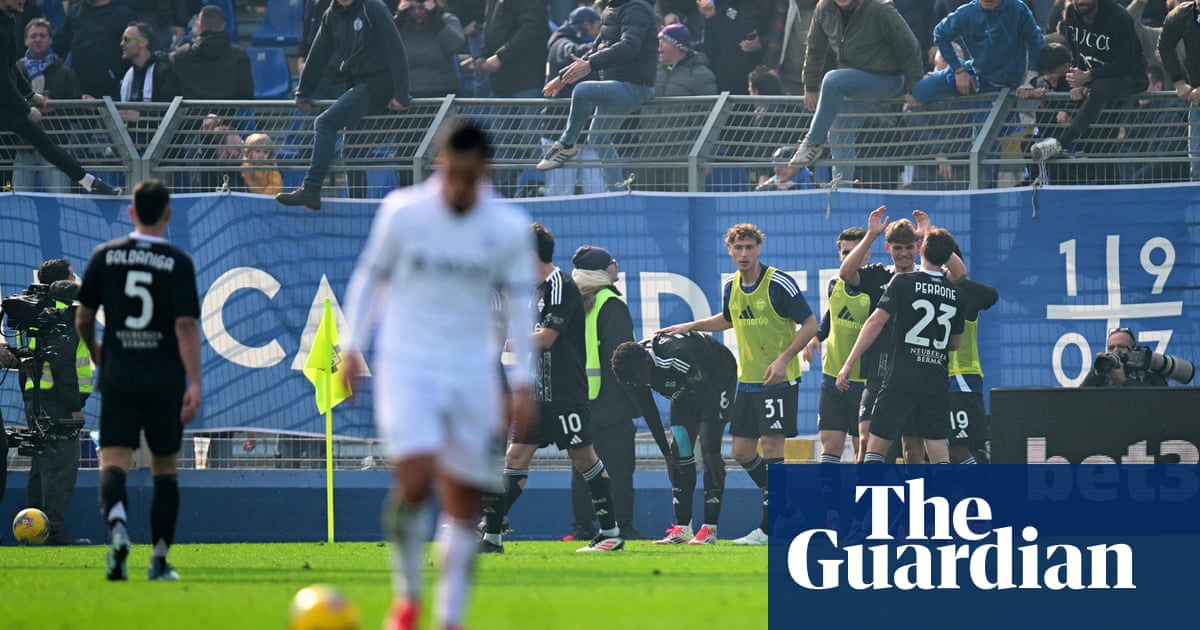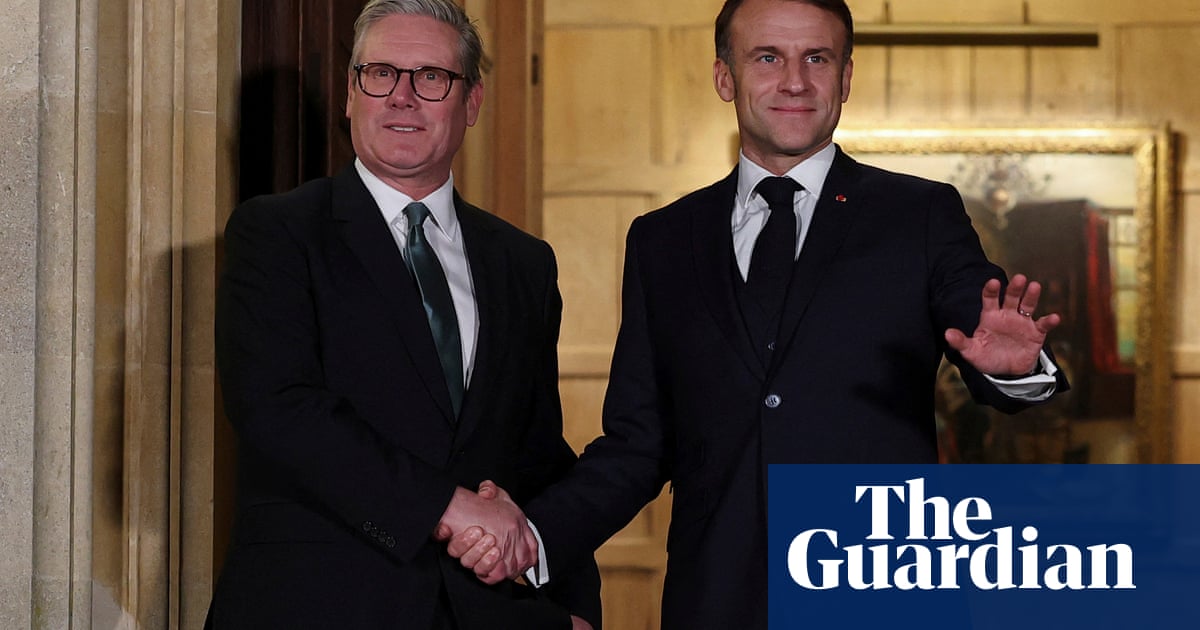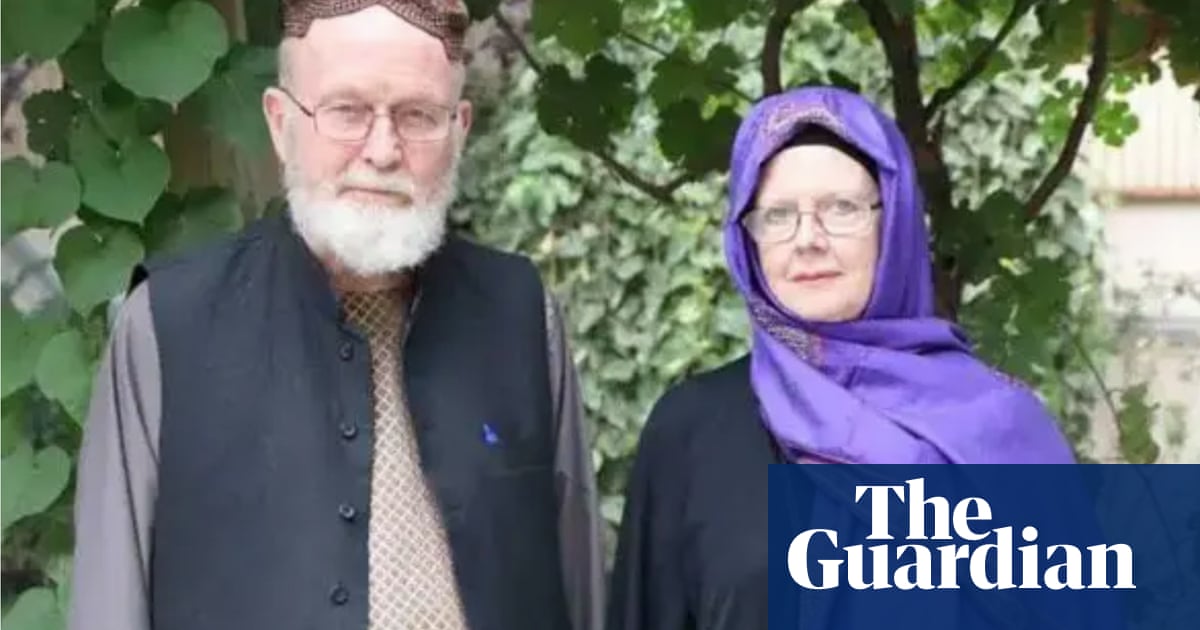Last Sunday, my country was jolted awake by a collective shock. For days, we’ve been consumed by one name: Călin Georgescu. His unexpected rise to the top in the first round of Romania’s presidential elections has polarised the country to an extent unseen since we became a democracy 35 years ago.
Romania’s streets, screens and dining tables are abuzz with debates about how a fringe far-right and ultra-nationalist candidate managed to capture the nation’s attention – and votes. Protesters, many of them young, have already taken to the streets.
But more than 2 million Romanians voted for Georgescu. My father, a retired police officer, was one of them. He spends much of his free time on TikTok, and was swept up in Georgescu’s rhetoric. TikTok’s algorithm fed him a steady stream of short, stirring videos of Georgescu invoking patriotism and promising to “put Romania first” weeks before the election. My father explained to me that his vote wasn’t necessarily an endorsement of Georgescu’s nationalist beliefs – even though they did resonate in part with him – but more of a protest against the political establishment. “I wanted to sanction the mainstream political class,” he told me.
His sentiment is not uncommon. For the past 35 years, Romania’s two dominant parties – centre-left social democrats and centre-right liberals – have presided over corruption scandals, nepotism, politically connected fraud and opaque use of public funds. Their decision to govern together in a coalition for the past three years has only deepened public mistrust, reinforcing the perception that they are all in it together against the people. For many Romanians, voting for Georgescu wasn’t just about ideology, but frustration.
Still, I’ll admit I was furious when my father first told me he voted for Georgescu. But as we talked, I began to understand his perspective. He is part of the sacrificial generation, those who were in their 20s when communism fell and have since endured decades of broken promises. His vote, like those of many others, wasn’t about alignment with far-right extremism – it was a desperate cry for change.
This is not just a generational divide. Young people, too, have been drawn to Georgescu. As I scroll through social media, I see old school friends – some with university degrees, some working stable jobs – sharing posts that echo his nationalist rhetoric. Their frustrations mirror those of older voters: a rising cost of living, stagnating wages and a pervasive sense that the system is rigged against them.
Yet there’s a deeper issue here, one that goes beyond protest votes and political frustration. It’s tempting to dismiss Georgescu’s supporters as uneducated, misinformed, or duped by social media algorithms. But doing so ignores the broader context. Romania’s mainstream parties have not only failed to address core issues like inflation – currently one of the highest rates in Europe – but their corruption has also alienated voters. The results of this election should be a wake-up call to these parties. I and many other Romanians hold them responsible for what happened.
The country’s supreme court has ordered a recount of all first-round votes to rule out a suspicion of fraud. It may even make a decision on Friday to annul the first-round result after two independent candidates, who received less than 1% of votes, filed fraud complaints.
The decision is likely to polarise Romanian society further. What’s most alarming, though, is that Romania is no longer just grappling with corruption or incompetence – for the first time since 1989, it’s at a crossroads between the values of the EU and Nato and the allure of isolationism, conspiracy theories, anti-democratic ideals and Russia. Georgescu’s campaign has questioned everything from Nato’s missile shield in Romania to climate crisis, reproductive rights and our relationship with the EU, while praising Vladimir Putin and criticising our support for Ukraine.
How did we reach this point? Platforms such as TikTok have become powerful tools for spreading nationalist propaganda, often without sufficient scrutiny. But as a society, we’ve failed to listen to each other’s frustrations and fears. If we are to move forward, we must bridge the divides that Georgescu’s rise has exposed. We need to sit down with our friends, family and neighbours – those who voted differently from us – and hear them out.
after newsletter promotion
The fight against polarisation and disillusionment must also include a reckoning with our political class, who have spent decades failing to deliver the reforms and accountability we desperately need. We have a chance to do that on Sunday, when we have parliamentary elections that can either result in an extreme rightwing coalition or a more moderate one made up of the old political parties and new progressive parties such as SENS and REPER. A week later, we have to choose between Georgescu and pro-European candidate Elena Lasconi in the second presidential runoff. We must not only confront the extremism Georgescu represents but also address the systemic failures that brought him to prominence.
The road ahead is uncertain, but what is clear is that if Georgescu wins people like my childhood friend Diana, a talented medic who left Romania for Spain, disheartened by the dysfunction of our healthcare system – part of the country’s continuing brain drain – won’t come back.
And Tomina, 28, working in corporate social responsibility for a bank in Bucharest, will be rethinking her decision to stay in Romania. Like many young professionals who returned after the pandemic, she’s now preparing to leave again. “I feel naive,” she admitted to me. “How did I miss this man’s rise?”
-
Andrei Popoviciu is a Romanian investigative journalist

 2 months ago
45
2 months ago
45
